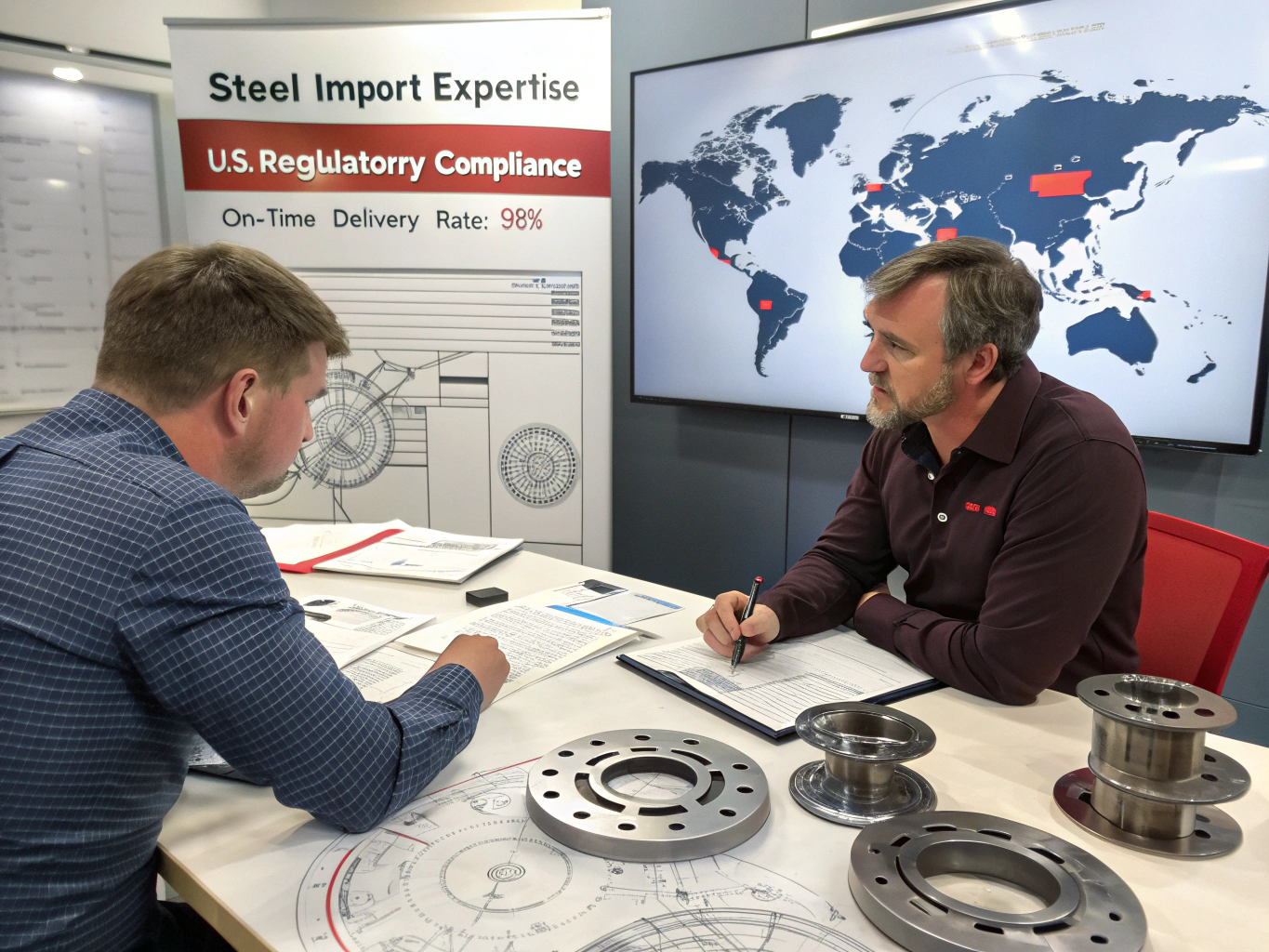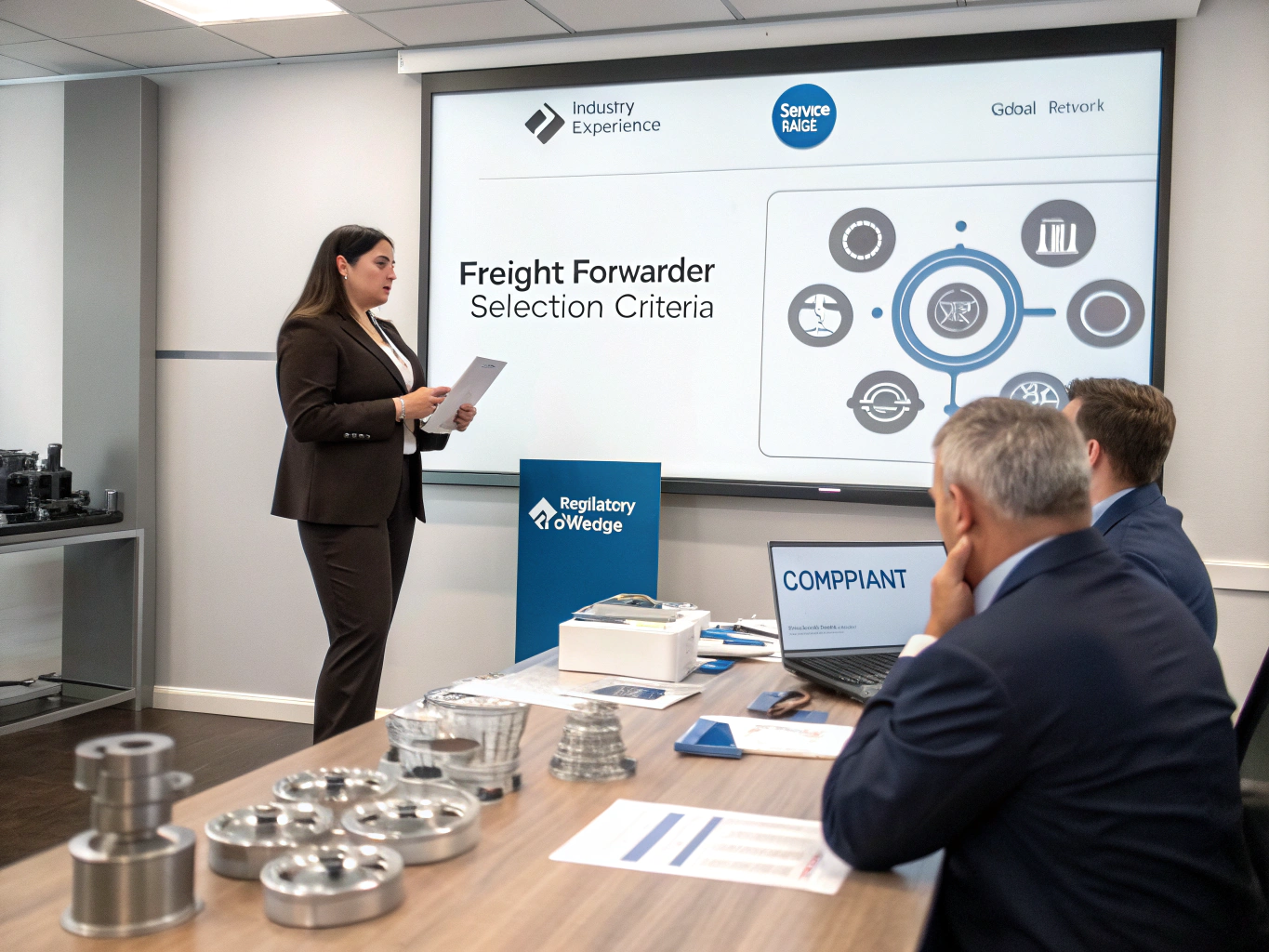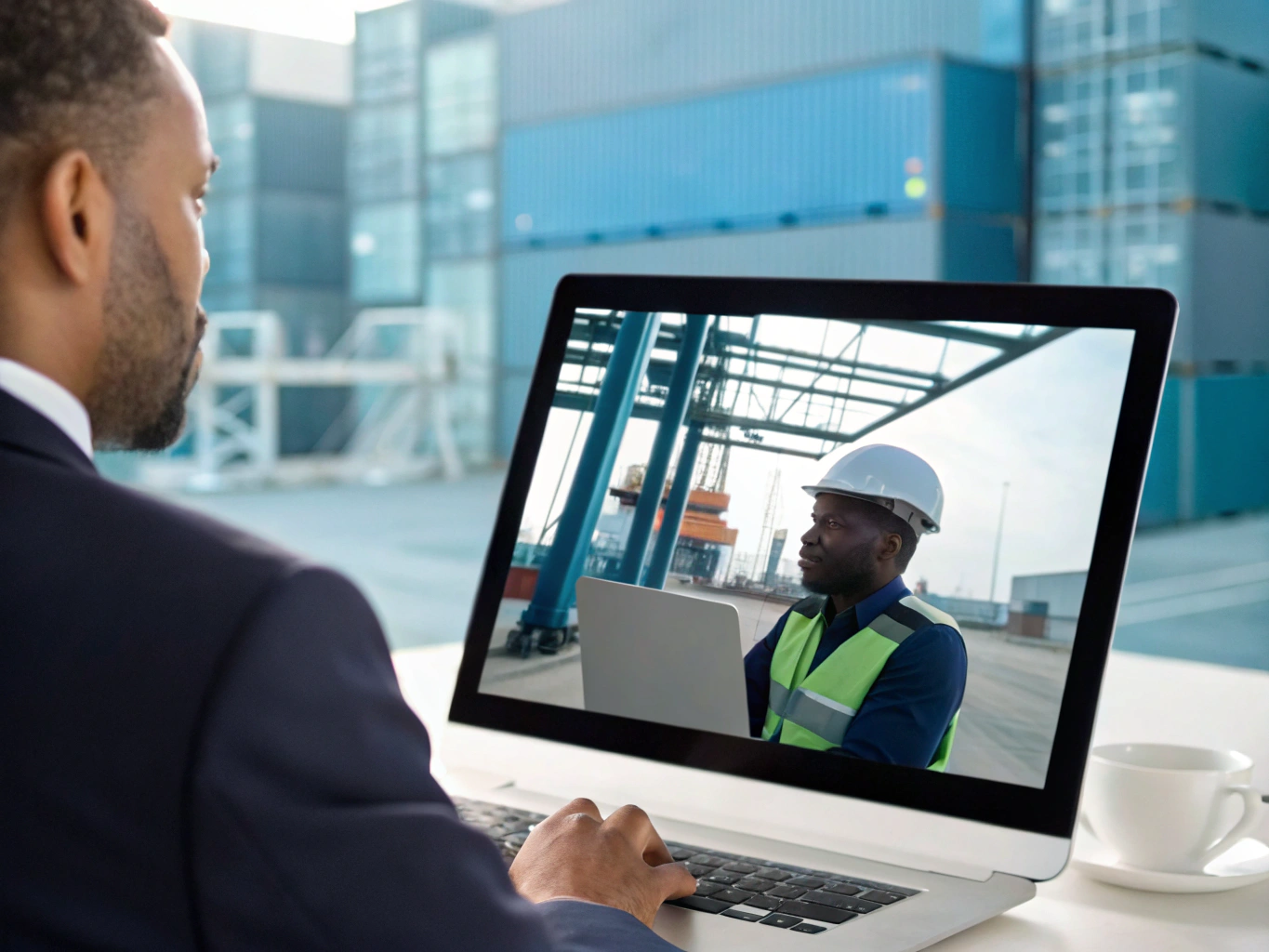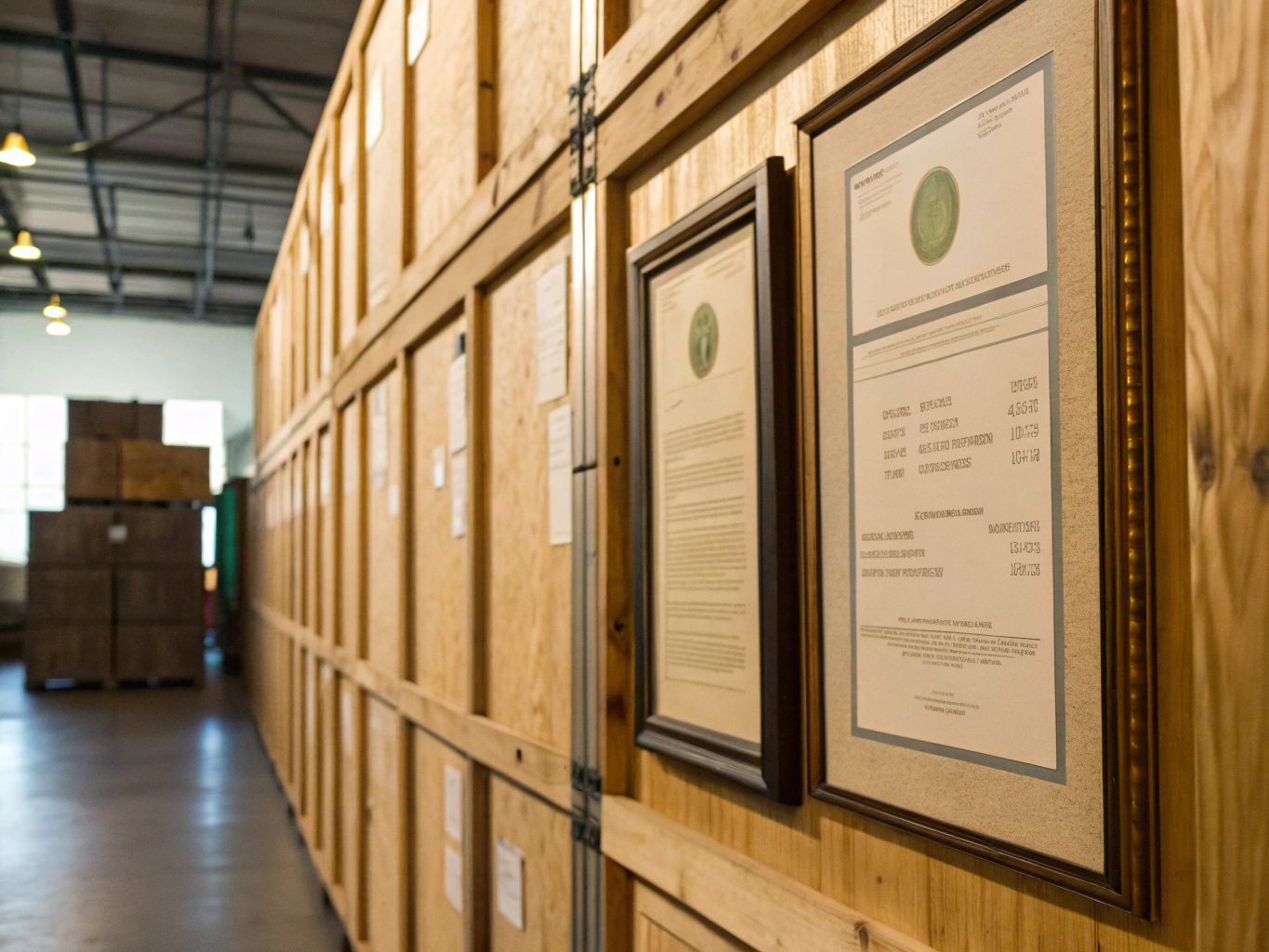
I once had a shipment of custom steel parts delayed for weeks because the freight forwarder couldn’t navigate U.S. steel import regulations. That experience taught me the real cost of picking the wrong partner.
To import custom steel parts efficiently, choose a freight forwarder with industry-specific expertise, global connections, regulatory knowledge, and a track record of reliable, transparent service.
The wrong freight forwarder can cause delays, damage, or customs issues. The right one keeps your supply chain flowing smoothly.
What Criteria Should Be Considered When Selecting a Freight Forwarder?
At first, I chose freight forwarders based on cost alone. But I soon realized there are far more important factors to consider, especially when dealing with custom steel parts.
When selecting a freight forwarder, assess their industry experience 1, service range, network reach, regulatory knowledge, and communication transparency. These factors ensure safe, timely, and compliant delivery.

Here are the most important criteria to evaluate:
1. Industry Experience
Choose a forwarder with proven experience handling custom steel components. They should understand:
- Heavy weight logistics
- Proper crating and corrosion prevention
- Handling fragile machining tolerances
2. Global Network
Your forwarder must have:
- Direct relationships with major carriers 2
- In-country partners at origin and destination
- Local customs expertise
3. Comprehensive Services
Look for one-stop solutions:
- Customs clearance 3
- Cargo insurance
- Door-to-door tracking
- Regulatory compliance
- Documentation management
4. Regulatory Expertise
They should know about:
- Steel tariffs 4
- HS code classification
- Steel-specific import restrictions
| Criteria | Why It Matters |
|---|---|
| Industry-specific experience | Ensures proper handling of steel components |
| Global logistics network | Prevents bottlenecks and delays |
| Full-service offering | Streamlines your supply chain |
| Regulatory knowledge | Avoids costly customs delays or penalties |
| Transparent communication | Keeps your team informed and confident |
How Do Freight Forwarders Assist in Customs Clearance?
Early in my career, I underestimated customs. Then I saw how one misclassified HS code delayed a shipment by two weeks. A good forwarder would’ve caught that instantly.
Freight forwarders help navigate customs clearance by handling documentation, HS code classification, and duty calculation 5, and coordinating with customs brokers to ensure compliant, efficient processing.

Their support includes:
Customs Documentation
They prepare and verify:
- Commercial invoice
- Packing list
- Bill of lading
- Certificate of origin
HS Code Classification
Steel parts can be complex to classify. Experienced forwarders minimize classification errors that could lead to:
- Overpayment of duties
- Shipment holds
- Compliance issues
Duty & Tax Calculation
They ensure:
- Correct tariff application (e.g., 25% steel duty)
- Duty relief options (e.g., FTZs or drawback programs)
Direct Liaison with Customs
Forwarders act as the point of contact for customs queries and inspections, speeding up the process and reducing risks.
What Questions to Ask a Potential Freight Forwarding Partner?
When I started vetting forwarders properly, I used a checklist. The answers helped me weed out poor fits and find reliable partners who understand my steel import needs.
Ask about communication protocols, contingency planning, and network strength 6. These questions reveal if the forwarder is equipped to handle your steel parts.

Here are 10 essential questions…
How to Evaluate the Reliability of a Freight Forwarder?
Once, I relied on a freight forwarder based solely on good marketing. I ignored the reviews—and paid the price. Now, I always dig deeper before making a decision.
To evaluate reliability, check certifications like FMC or FIATA membership 7, review client references, and track shipment KPIs.

Conclusion
To import custom steel parts smoothly, choose a freight forwarder who knows your industry, understands the rules, and communicates clearly from start to finish.
Footnotes
Learn why industry experience is crucial for handling specialized goods like steel parts. ↩ ↩
Understand how direct carrier relationships improve reliability and shipping options. ↩ ↩
Explore how customs clearance services ensure compliance and avoid delays. ↩ ↩
Read about the impact of U.S. Section 232 steel tariffs on importers. ↩ ↩
Discover how correct HS code classification affects duties and customs compliance. ↩ ↩
Key questions to help you evaluate freight forwarders more effectively. ↩ ↩
See how certifications like FMC or FIATA reflect a forwarder’s professionalism and legal compliance. ↩ ↩

